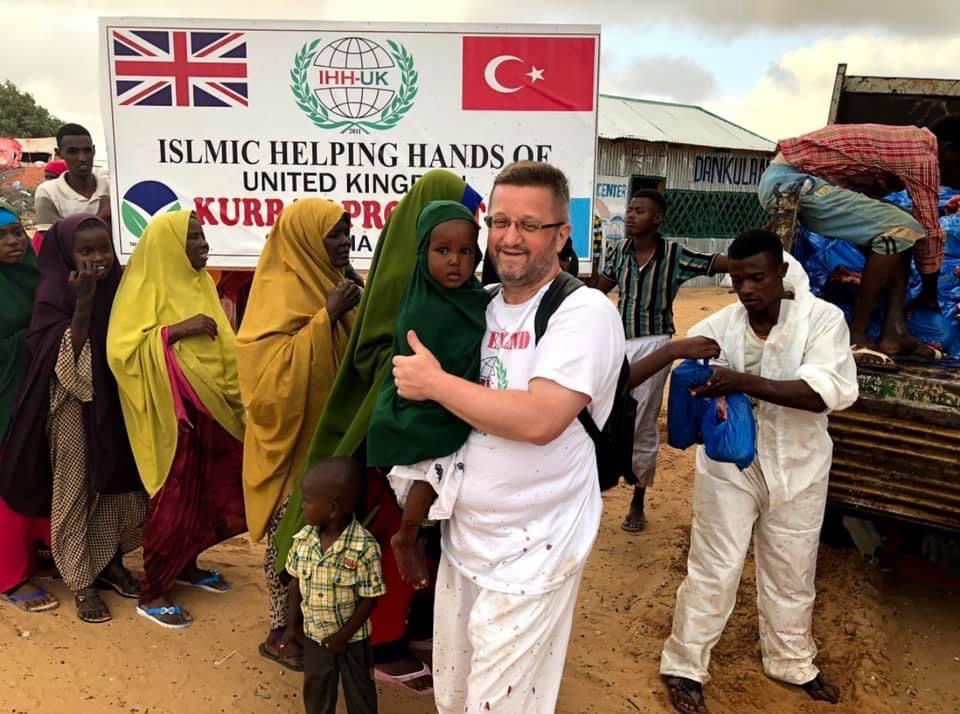

With the advice of a brother who has participated in relief work and resides in England and as a result of consultations with another from the administration of IHH Holland, the efforts to establish IHH UK as an organisation in England began in May 2012.
In later periods, the official and administrative structuring of IHH UK began following a series of meetings between the manage- ment board of IHH Holland and Ali Tahir, the current president of IHH UK, and his team.
Currently, IHH UK, as a relief organisation who has completed official and administrative structuring, has come to a stage where it can undertake any type of relief activities.
Our relief organisation, who works in line with the goals and methods explained above, continues its’ efforts independently from any establishment and organisation, with no association to them, neither officially nor unofficially.